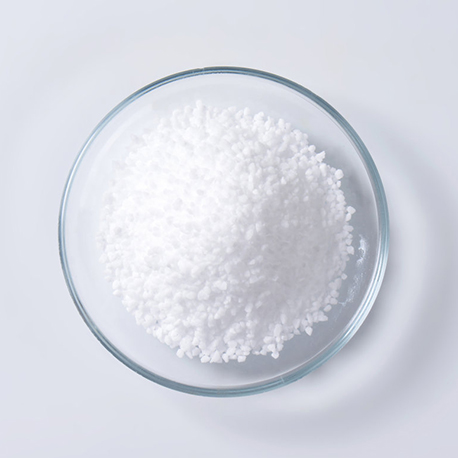
News
aug . 15, 2024 15:17 Back to list
Innovative Mercury Chelating Agents for Enhanced Detoxification and Environmental Remediation Solutions
Custom Mercury Chelating Agents Innovations in Toxicology
Mercury, a toxic heavy metal, poses a significant threat to human health and the environment. Its various forms—elemental, inorganic, and organic—accumulate in biological systems, leading to severe neurological and physiological disorders. With increasing industrial activities and environmental pollution, the need for effective remediation strategies is paramount. In this realm, custom mercury chelating agents have emerged as promising tools in the fight against mercury toxicity.
Chelating agents are compounds that can bind to metal ions, forming a stable complex that can be easily eliminated from the body or the environment. Traditional chelating agents, such as Dimercaprol and Edetate Calcium Disodium (EDTA), have shown efficacy in removing mercury but often come with significant side effects and limitations. EDTA, for example, can cause calcium depletion and does not preferentially bind to mercury, risking the mobilization of other essential metals.
The need for more efficient and safer chelation therapies has led researchers to focus on custom chelating agents designed to target mercury specifically. These agents are synthesized with molecular structures that enhance their selectivity for mercury ions while minimizing interactions with other metals. For instance, thiol-containing compounds, such as 2,3-dimercapto-1-propanesulfonic acid (DMPS), have shown promise due to their strong affinity for mercury. By modifying the backbone of these molecules, scientists can enhance their efficacy and reduce toxicity.
One of the most exciting areas of development in custom chelating agents is the use of nanotechnology. Nanoparticles engineered to deliver chelating agents directly to mercury deposits in the body can enhance therapeutic outcomes significantly. These nanoparticles can encapsulate the chelating agents, protecting them from degradation and allowing for controlled release at the target site. Furthermore, by functionalizing these nanoparticles with targeting ligands, such as antibodies or peptides, researchers can enhance the specificity of mercury removal, minimizing potential side effects.
custom mercury chelating agent

In addition to in vivo applications, custom chelating agents are also being explored for environmental remediation. Mercury contamination in water bodies and soil has become a pressing issue. Custom chelators can be designed to effectively bind mercury ions in contaminated environments, making them easier to extract. These agents can function passively in the environment, binding mercury to prevent its bioavailability and toxicity to aquatic life.
Moreover, the development of biodegradable chelating agents represents another innovative approach. Traditional chelators can persist in the environment, leading to unintended consequences. Custom biodegradable agents can be engineered to break down into non-toxic byproducts after they have chelated the mercury, thus reducing environmental impact.
Despite the advancements in custom chelating agents, challenges remain. The complexity of biological systems can lead to unpredictable interactions that may compromise the efficacy of chelation. Furthermore, regulatory hurdles exist for the approval of new chelating agents for medical use, necessitating extensive testing to ensure safety and effectiveness.
In conclusion, custom mercury chelating agents represent a frontier in toxicology, offering targeted, efficient, and safer alternatives to traditional therapies. By leveraging advances in chemistry and nanotechnology, researchers are paving the way for innovative treatments that could mitigate the impacts of mercury toxicity on human health and the environment. As we continue to explore these advancements, the potential for improved outcomes in mercury poisoning cases and environmental remediation becomes increasingly promising. The future holds exciting prospects for custom chelators in combating one of the most pressing toxicological challenges of our time.
-
Polyaspartic Acid Salts in Agricultural Fertilizers: A Sustainable Solution
NewsJul.21,2025
-
OEM Chelating Agent Preservative Supplier & Manufacturer High-Quality Customized Solutions
NewsJul.08,2025
-
OEM Potassium Chelating Agent Manufacturer - Custom Potassium Oxalate & Citrate Solutions
NewsJul.08,2025
-
OEM Pentasodium DTPA Chelating Agent Supplier & Manufacturer High Purity & Cost-Effective Solutions
NewsJul.08,2025
-
High-Efficiency Chelated Trace Elements Fertilizer Bulk Supplier & Manufacturer Quotes
NewsJul.07,2025
-
High Quality K Formation for a Chelating Agent – Reliable Manufacturer & Supplier
NewsJul.07,2025
